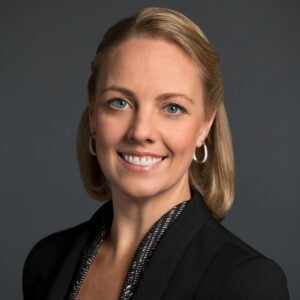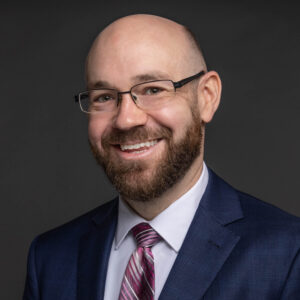The Legal Intelligencer
(by Lizzy McLellan)
With its latest lateral hires, Pittsburgh-based Babst, Calland, Clements and Zomnir is doubling down on emerging technologies, including driverless vehicle technology.
The firm this week hired shareholder Justine Kasznica in its mobility, transport and safety group, as well as its corporate and commercial group. Also joining are intellectual property shareholder Carl Ronald and associate Michael Fink, also in the corporate and commercial group.
Kasznica’s practice is focused on unmanned aircraft, driverless cars and space companies. She and Ronald are both joining from Baer Crossey McDemus, a business and technology law boutique with offices in Philadelphia and Pittsburgh. Fink was an associate at Buchanan Ingersoll & Rooney.
The additions come a month after Babst Calland added William Godfrey, who was a senior U.S. federal regulatory chief at the National Highway Traffic Safety Administration.
“When I was approached by a recruiter who talked about Babst Calland, I had known of them as an oil and gas, environmental firm,” Kasznica said. But she quickly learned that the firm was also investing in its technology-related practices. A major selling point, she said, was that Babst Calland last year had hired Timothy Goodman, a former U.S. Department of Transportation lawyer, in Washington, D.C. He now leads the firm’s mobility, transport and safety group.
“In working with frontier technology, you’re essentially required to try to understand and work alongside policy and regulations that are either nascent, nonexistent or present but need to be adapted,” Kasznica said. “The channel to Washington, D.C., and the fact that Babst Calland has strategically built and focused on building that office … is absolutely critical and critical for the companies that will be working with us.”
Kasznica grew up interested in model aircraft and aviation, she said, then began to learn more about robotics during law school, through a friend of hers at Carnegie Mellon University. That friend ended up starting a company that became Kasznica’s first client when she was an associate at Wolf Block.
She stayed involved in the local startup scene after moving to Pittsburgh in 2008, including her own work as a founding member of ReefBot—a project in which Carnegie Mellon, the Pittsburgh Zoo and PPG Aquarium are working to develop autonomous underwater vehicles.
Ronald practiced as a solo lawyer for nine years, and just joined Baer Crossey earlier this year. His clients include cybersecurity businesses and medical device companies, as well as a number of startups.
“Like Justine, I needed some support for what I do,” he said. And Babst Calland “really [is] putting a huge effort into owning this robotics and autonomous space here in Pittsburgh.”
While he doesn’t work directly on regulatory issues, he said, the firm’s investment in having a Washington, D.C., technology law presence “shows a desire on behalf of the firm, and an emphasis on that practice area.”
“Justine, Carl, and Michael are well-respected, accomplished legal professionals with backgrounds and experience unique to the industries and clients they serve,” Babst Calland managing shareholder Donald Bluedorn said in a statement. “They join forces with Babst Calland’s existing multidisciplinary team focusing on the needs and expectations of startups and companies with emerging technologies.”
Baer Crossey did not respond to a request for comment.
*Reprinted with permission from the 7/11/18 issue of The Legal Intelligencer. © 2018 ALM Media Properties, LLC. Further duplication without permission is prohibited. All rights reserved.
For the full article, click here.

